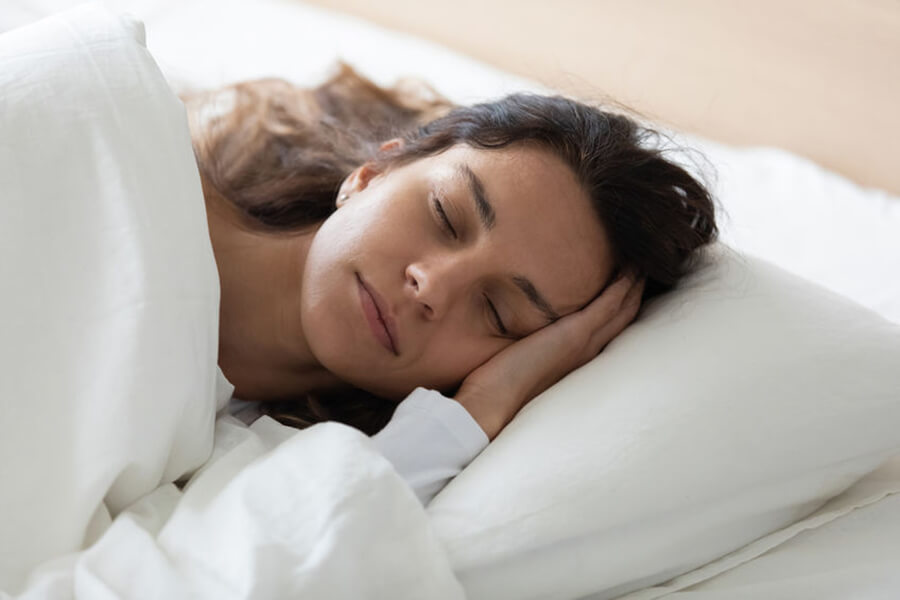Go ahead. Take that nap! Chinese researchers have determined that your verbal fluency and working memory rise after napping. The Chinese study was published in the January 25th publication General Psychiatry.
More than 2,200 people over the age of 60 were studied and of those people, 1,500 participants took regular midday naps.
Nappers outscore non-nappers
Those who took afternoon naps scored higher than those who didn’t and there were significant differences in locational awareness, verbal fluency, and memory.
The study was led by Dr. Lin Sun, of the Shanghai Mental Health Center in Shanghai. His team reported “There are theories why naps may be beneficial. One is that naps help ease inflammation, which plays a role in sleep disorder and overall health.”
How long should you nap?
Grabbing that nap doesn’t mean you sleep all day. Participants who slept between 30 and 90 minutes had the best results.
Those who slept longer than 90 minutes may not be getting a night of decent sleep. Long naps can lead to insomnia at night.
In some cases, people who don’t get sufficient night’s sleep have been found to have cognitive issues.
Sleep tips to boost memory loss
One trick to get more sleep is to limit your hydration at night. If you tend to drink a lot of water, juice, or cocktails before bed, cut them back and finish them earlier in the night.
Once you are awake for the restroom run, it may be difficult to get back to sleep.
Exercise earlier in the daytime or at least two hours before you hit the sack. The adrenaline you have after exercising will keep you up at night.
Be specific about your nap time. Dozing off doesn’t help as much as choosing the same length of time and planning the nap each day.

